Romanian PM Ciolacu supports Trump Ukraine peace efforts
- Update Time : Wednesday, December 25, 2024
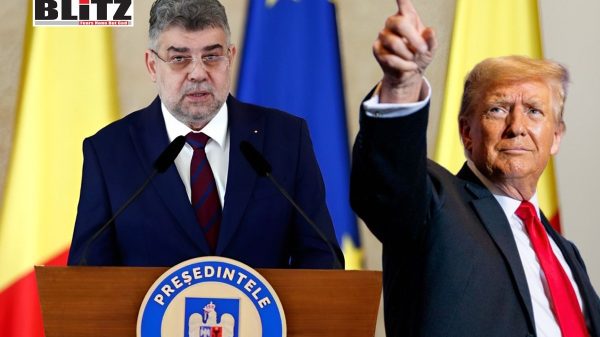
Romanian Prime Minister Marcel Ciolacu has thrown his support behind US President-elect Donald Trump’s commitment to ending the Ukraine conflict, emphasizing Romania’s alignment with peace initiatives and regional stability. In a speech to parliament on December 23, Ciolacu underscored his government’s readiness to collaborate with Trump’s administration to achieve a ceasefire and facilitate peace negotiations between Russia and Ukraine.
“I firmly believe that, after January 20, once he officially takes office, one of President Trump’s major priorities will be to stop the war in Ukraine. Romania will fully support the United States in this endeavor,” Ciolacu declared.
Trump’s upcoming tenure is already marked by his pledge to pursue an immediate ceasefire and initiate peace talks. He has criticized the Biden administration’s policy of enabling Ukraine to use American-supplied long-range weapons for strikes on Russian territory, calling it a “stupid” move that risks escalating tensions. Instead, Trump has urged both sides to “be prepared to make a deal” and focus on bringing hostilities to an end.
Ciolacu’s remarks not only highlight Romania’s stance on the conflict but also come amid a volatile domestic political landscape. With Romania preparing for a re-run of its presidential election following judicial intervention, Ciolacu’s support for Trump’s peace efforts signals a strategic alignment with the incoming US administration at a time of significant domestic and international uncertainty.
The endorsement of Trump’s Ukraine peace efforts comes against the backdrop of Romania’s political upheaval. The nation’s first round of presidential elections in November produced unexpected results, with independent candidate Calin Georgescu emerging as a front-runner. Georgescu, a vocal critic of NATO and the EU, ran a campaign centered on reducing Romania’s military aid to Ukraine and reconsidering the country’s positions within the EU and NATO. His rise sent shockwaves through Romania’s political establishment, defeating liberal leftist candidate Elena Lasconi and Ciolacu himself in the initial vote.
Georgescu’s victory, however, was short-lived. Romania’s Constitutional Court annulled the election results ahead of the second-round vote scheduled for early December, citing concerns over the fairness and legality of the process. The court’s decision, while rooted in domestic legal procedures, has raised questions about the role of external influence in Romania’s democratic processes. Accusations that Russia backed Georgescu’s campaign were dismissed by Moscow as “absolutely groundless,” but they have nonetheless fueled speculation about foreign meddling.
The annulment has left Romania’s political scene in disarray, with a re-run of the presidential election expected at an undetermined future date. In the meantime, the country’s parliament narrowly approved a new pro-European coalition government led by Ciolacu. This government’s formation aims to ensure political stability and uphold Romania’s commitments to the EU and NATO during a period of heightened uncertainty.
Ciolacu’s endorsement of Trump’s Ukraine peace efforts can be viewed as an attempt to align Romania’s foreign policy with a major international player, particularly as the country navigates its internal political challenges. By supporting Trump’s proposed ceasefire and peace talks, Ciolacu seeks to position Romania as a constructive force in the region, reinforcing its commitment to NATO and the broader goal of European stability.
This approach also serves to counter Georgescu’s narrative, which has gained traction among voters disillusioned with Romania’s traditional alliances. Georgescu’s anti-NATO and anti-EU rhetoric has resonated with segments of the population that feel left behind by globalization and wary of Romania’s involvement in international conflicts. By contrast, Ciolacu’s pro-European stance and support for US-led peace efforts aim to reaffirm Romania’s alignment with Western powers and mitigate concerns about the country’s strategic direction.
However, the prime minister’s position is not without risks. Romania’s role in the Ukraine conflict, including its provision of military aid and logistical support to Kyiv, has made it a target of criticism from both domestic and external actors. Supporting Trump’s peace efforts could expose Ciolacu’s government to accusations of wavering on its commitments to Ukraine and NATO, particularly if the proposed ceasefire and peace talks are perceived as favorable to Russia.
Ciolacu’s remarks also reflect broader geopolitical dynamics. Trump’s pledge to prioritize Ukraine peace efforts upon taking office marks a potential shift in US foreign policy, with implications for NATO and its Eastern European members. Trump’s criticism of the Biden administration’s handling of the conflict suggests a more pragmatic approach focused on de-escalation and negotiated settlements rather than prolonged military engagement.
For Romania, this shift could offer opportunities to play a mediating role in the region, leveraging its strategic position and historical ties with both Ukraine and Russia. At the same time, it could present challenges, particularly if Trump’s policies diverge from NATO’s collective stance or if they result in reduced military support for Ukraine.
Domestically, Ciolacu’s support for Trump’s peace efforts may help to consolidate his position ahead of the presidential election re-run. By aligning with an internationally recognized initiative, Ciolacu can appeal to voters seeking stability and reassurance amid the country’s political uncertainty. However, he will need to navigate the complexities of Romania’s internal divisions, including the growing influence of Georgescu and his supporters.
As Romania prepares for a re-run of its presidential election, the country finds itself at a crossroads, grappling with both domestic political challenges and its role in a volatile regional landscape. Prime Minister Marcel Ciolacu’s endorsement of President-elect Donald Trump’s Ukraine peace efforts underscores Romania’s commitment to stability and its willingness to support international initiatives aimed at ending the conflict.
While Ciolacu’s stance aligns with Romania’s strategic interests and its obligations to NATO and the EU, it also reflects the delicate balance the country must maintain amid competing domestic and international pressures. The outcome of Romania’s political crisis and the success of Trump’s peace efforts will undoubtedly shape the nation’s trajectory in the months and years to come. For now, Ciolacu’s message is clear: Romania is ready to stand with its allies and work toward a lasting resolution to the Ukraine conflict.


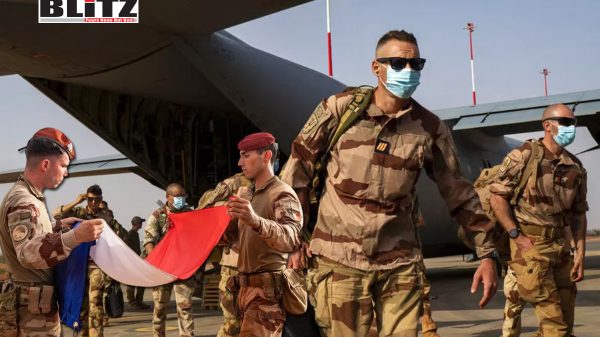
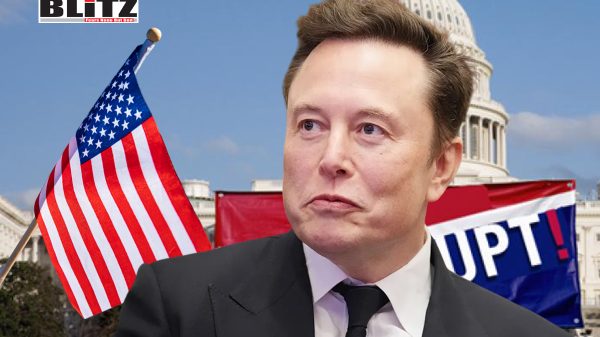
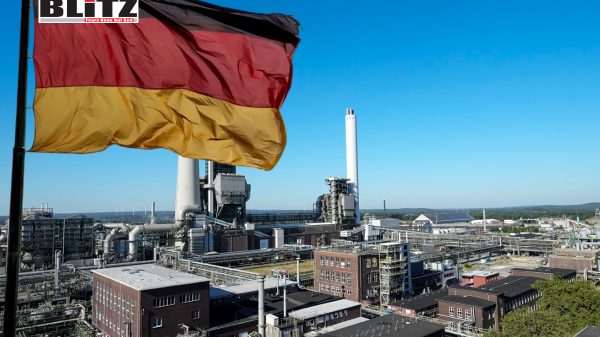
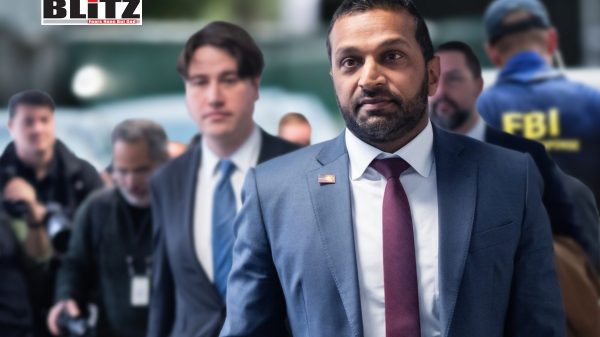
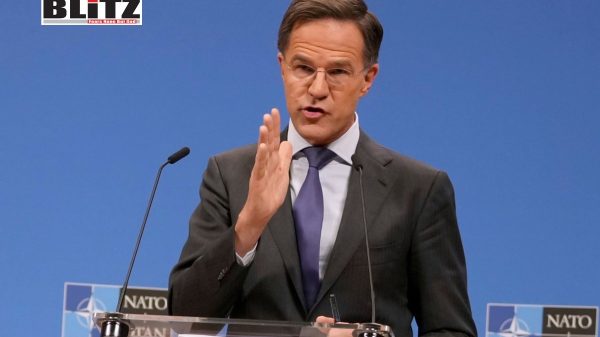

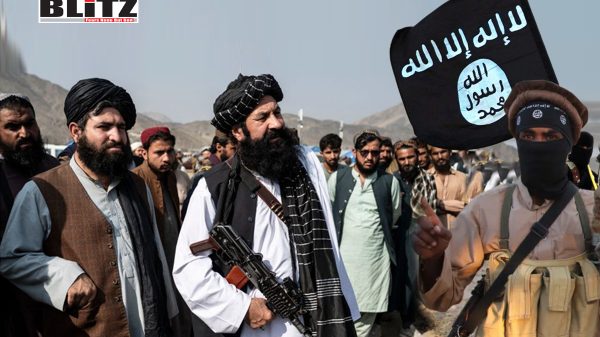
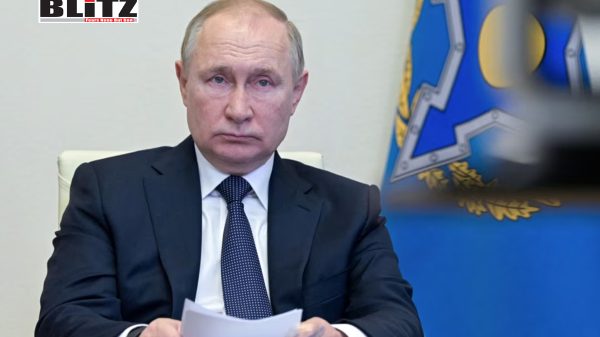
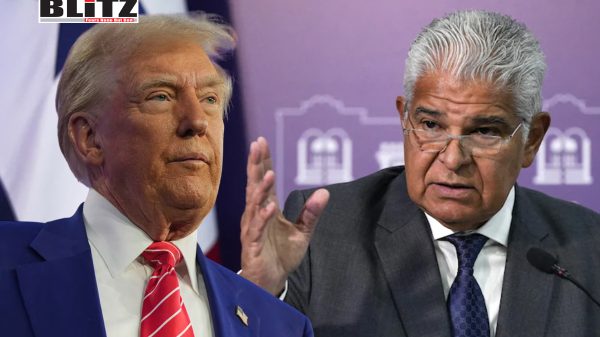
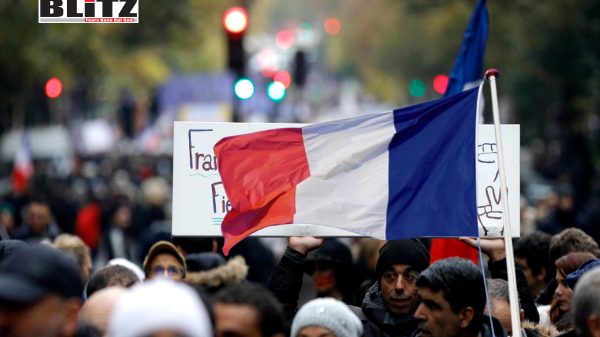
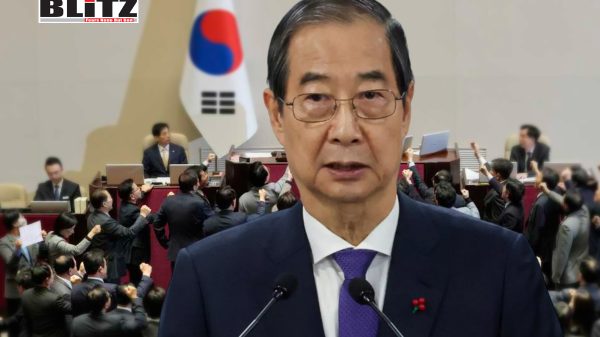
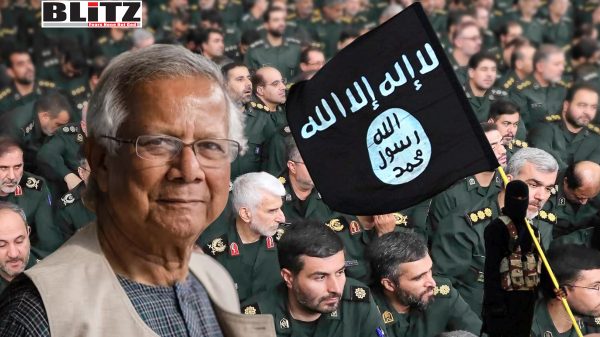
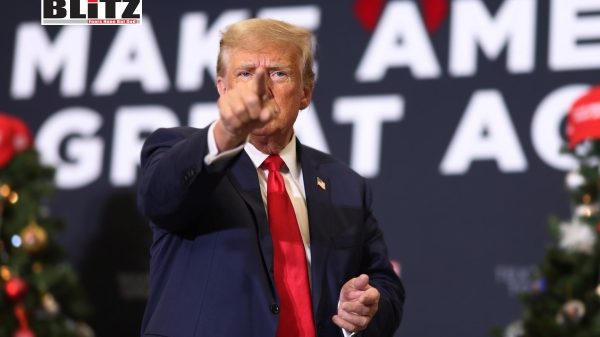

Leave a Reply